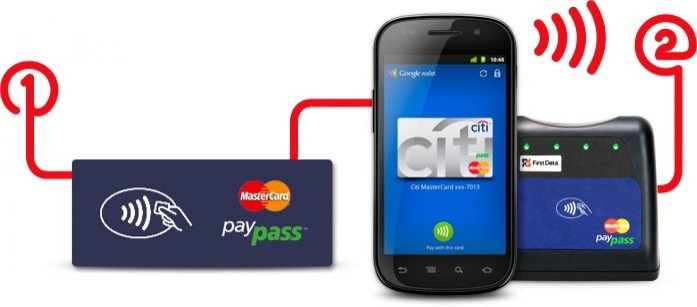Amazon's Courtship of Palm May Indicate Entry Into NFC Arena

The buzz on Friday morning was that Amazon was in talks with HP that may lead to the purchase of HP's Palm unit. Though other suitors have not been ruled out, according to Venturebeat, the two firms are engaged in serious negotiations.
Formerly known for its e-ink-based e-readers, Amazon's place in the tablet wars was secured Wednesday with its introduction of the new Kindle Fire. The tablet has 7-inch IPS screen, 1GHz TI OMAP dual-core CPU, 512MB of RAM, 8GB of internal storage and weighs 14.6 ounces and currently runs on a customized Android 2.3 operating system. With the long-awaited Amazon tablet now on the market, the company appears now to be poised for further expansion in the direction of e-readers and devices. Many speculate that Amazon's interest in Palm lies primarily in its intellectual property portfolio, which will certainly provide coverage of the company's flank from litigious competitors as it grows its Kindle division. However, there is another possibility.
Back in April, Bloomberg reported that Amazon's Payments division would be exploring the possibility of starting a service based on near-field-communication technology (NFC). NFC allows buyers to pay for goods in brick-and-mortar stores by tapping their mobile devices against specially outfitted cash registers or payment stations. Credit card information is wirelessly transmitted to the vendor, completing the transaction without requiring presentation or swiping of an actual card.
Two months later, it was reported that Hewlett-Packard would be developing NFC devices to run on Palm's webOS platform, some of which were to have even been made available by year's end. According to Bloomberg, HP was furthermore considering developing not only the NFC devices themselves, but an entire ecosystem built upon NFC capability.
If Amazon truly is seeking to enter the NFC market, the acquisition would be a coup for the company as it would give it an advantage over its competitors. Speaking to Mobile Commerce Daily, David Schropfer, author of The Smartphone Wallet, pointed out that if Amazon would be able to leverage its existing infrastructure to establish its mobile payment system in a matter of months rather than the years it might take another firm without Amazon's resources. With an established infrastructure and webOS-based platform in place, Amazon would be a powerful player in the mobile payments game.
According to BusinessWeek, experts project formidable growth in the area of mobile payments, with an estimated total value of $50 billion in NFC-based transactions by 2014. Google's Wallet service launched in early August and a number of other companies are also developing their own mobile payment initiatives, including Visa, American Express, PayPal, and the AT&T-T-Mobile-Verizon joint venture, Isis. In April, Amazon indicated that it would be making the decision sometime in the next three to five months. Its present interest in Palm may suggest that that decision has been made.
© Copyright IBTimes 2025. All rights reserved.




















